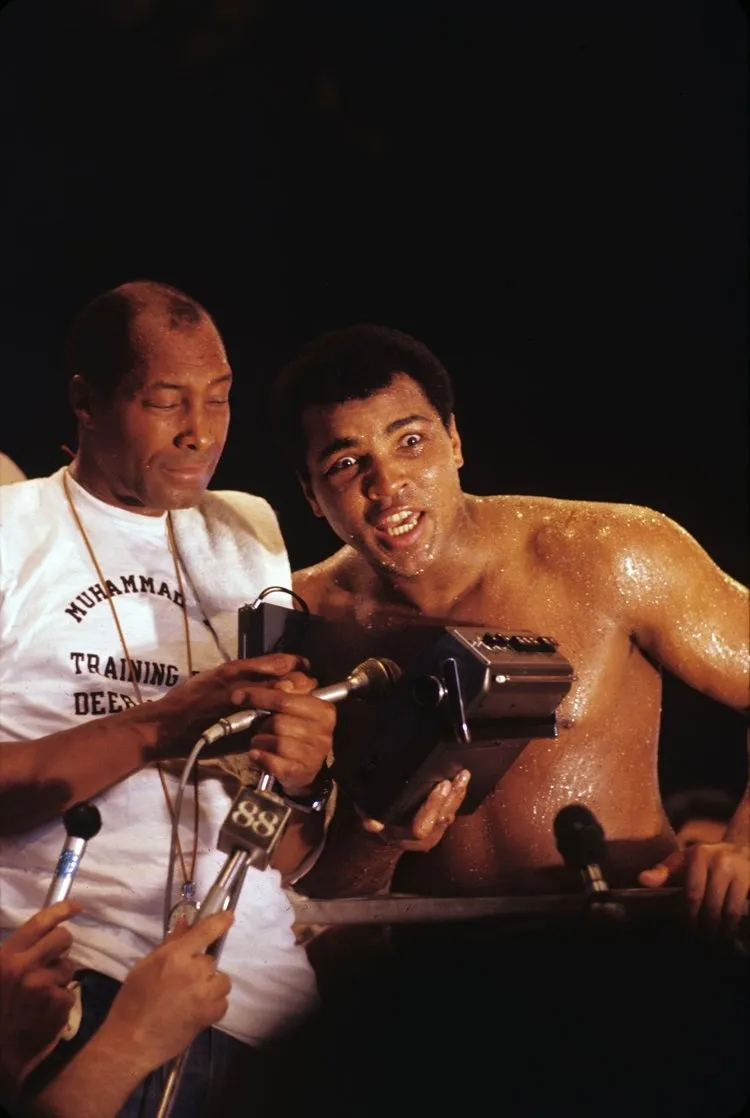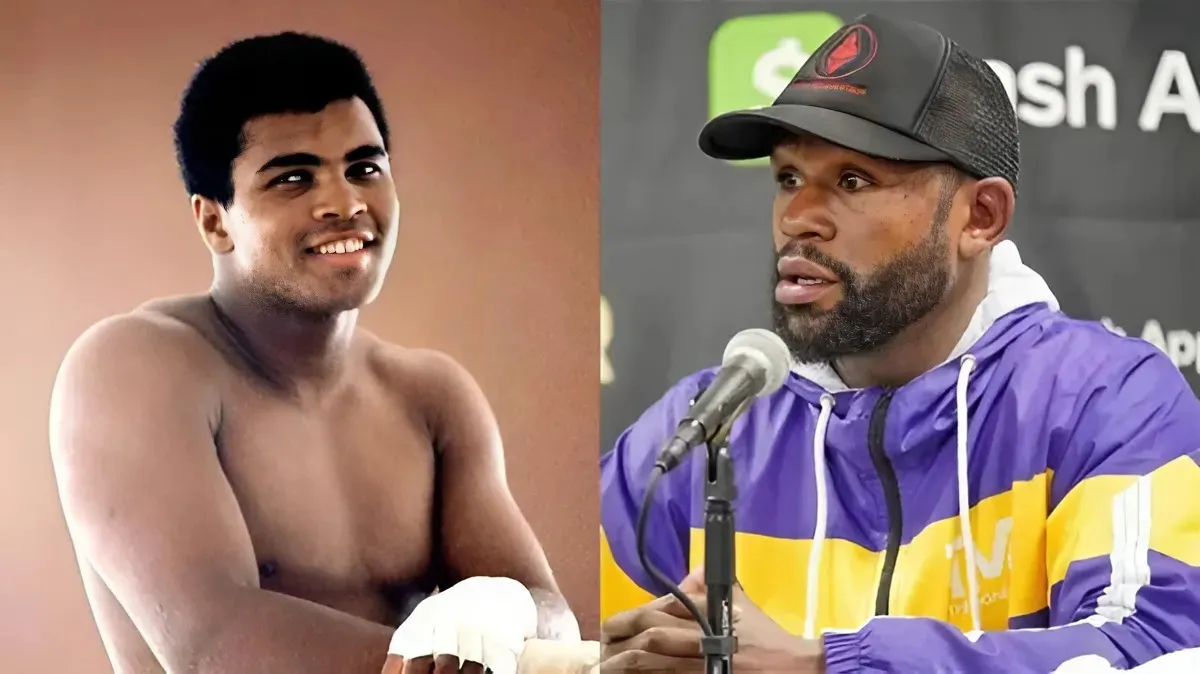It was billed as the thrilling end of a trilogy between two all-time greats.

It ended up being much more than that.
The grueling, exhilarating and amazing “Thrilla in Manila” took place 49 years ago today.
Their first encounter was billed as the “Fight of the Century,” and it didn’t disappoint. In that legendary fight that took place at New York’s Madison Square Garden on March 8, 1971, the rivalry between Muhammad Ali and Joe Frazier came to life in dramatic fashion, with the returning Ali being floored in the final round as Frazier cemented a career-defining win on the biggest boxing stage ever.
The fight clamored for a rematch, and that happened one minute too late in January 1974, after Frazier had lost his belt to George Foreman in Jamaica and Ali had had his jaw broken and his pride hurt against Ken Norton in two great bouts.
The rematch lacked the drama of the first bout. But soon enough, the final act of their trilogy would upstage all of its predecessors.
Scheduled for October 1975, the fight found its unlikely venue in the Philippines, where dictator Ferdinand Marcos saw an opportunity to whitewash the country’s shaky image by hosting a major sporting event, an idea that was used by Zaire’s strongman Mobutu Sese Seko and his “Rumble in the Jungle” the previous year.
Ali’s proclivity to provoke his foes using offensive rhymes (inaugurated with his “it ain’t no jive… Cooper will go in five” back in his early days before taking on England’s Henry Cooper) was put to good use on this occasion as well, when he promised that “it will be a killa and a thrilla and a chilla when I get the gorilla in Manila.” Already used to Ali’s demeaning comments, Frazier dismissed Ali’s tasteless characterization of him as an ape at first, but it took only a few rounds of Ali punching a toy gorilla on press appearances for the whole situation to get under Smokin’ Joe’s skin.
The stage was then set for a historic confrontation between two bitter foes and their Hall of Fame corner men (Angelo Dundee in Ali’s case, Eddie Futch in Joe Frazier’s). As it turns out, the ring savvy and boxing IQ of these two gentlemen would be put to the test in a chess match that has caught a new life in short social media videos during the past few years.
There is almost nothing that has not been written about that fight already. The intense heat (as high as 120 F/50 C inside the ring), the demolishing pace of the bout, the murderous 12th round, and Ali’s surge in the 13th and 14th as the fight approached its dramatic conclusion are some of the things that have become part of boxing’s lore for the past half century.
The ending itself, however, requires a complete chapter of its own.
Frazier had been almost blind on his left eye since his pre-championship years, and Ali had punished the right side of his face into a swollen pulp. With his vision severely compromised, Frazier took an unusual amount of punishment in rounds 13 and 14. And when Eddie Futch checked on him before the beginning of the 15th and final round, Frazier’s eyesight was as limited as his energy under the brutal and humid heat of the Araneta Coliseum.
In the opposite corner, a similar drama was unfolding, with Ali asking Dundee to “cut up his gloves” hoping to generate a delaying tactic reminiscent of an episode in the Cooper fight, in which a cut was found on Ali’s glove right after Cooper had knocked Ali down. Dundee took his time replacing that glove in that fight, allowing Ali to regain his strength and then stop Cooper in the very next round.
But Dundee wouldn’t have it this time. As he was ready to physically lift Ali from his stool and push him to the center of the ring to spend the last remaining energy of his body in the final round, Futch approached referee Carlos Padilla and waved his hands signaling Frazier’s inability to continue. Both men were barely able to stand up to salute each other in the center of the ring, and one of the most extraordinary fights of all time met one of the most dramatic endings in boxing history.
Ali-Frazier III was called Fight of the Year by The Ring, and its 12th round received Round of the Year honors.
The place it occupies in history, however, can hardly be measured in the number of awards or articles written about it.
-1739503474-q80.webp)
-1736087022-q80.webp)

